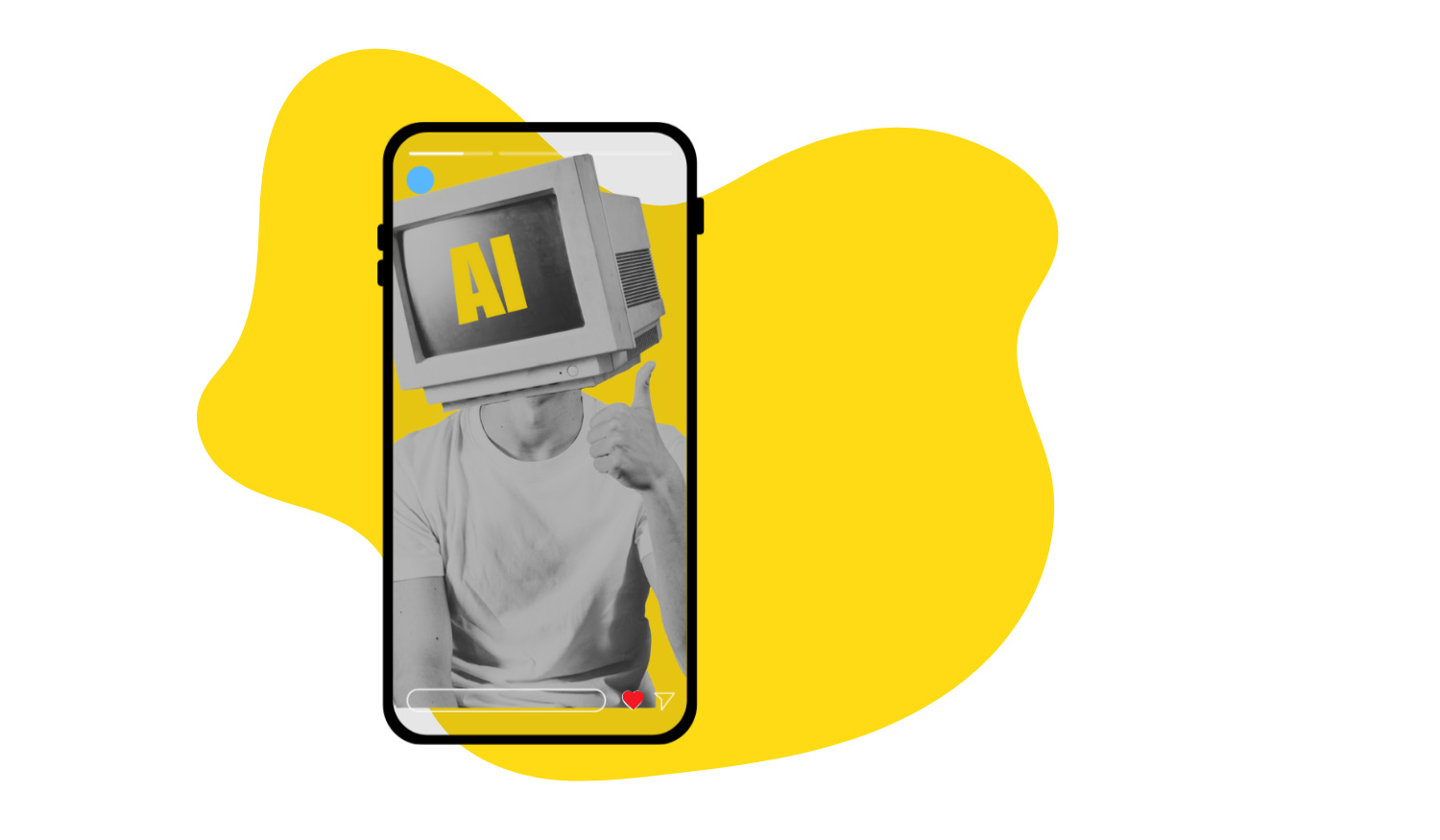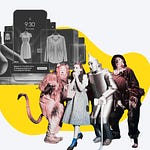Just like watching a magician pull a coin from thin air.
If you have no clue how the trick works, you’re dazzled.
But if you’ve seen behind the curtain, learned the sleight-of-hand, you’d realize there’s no magic at all.
Something similar is happening with AI.
A recent report called “Lower Artificial Intelligence Literacy Predicts Greater AI Receptivity,” Researchers Stephanie Tully, Chiara Longoni, and Robert Appel conducted six studies to probe this counterintuitive link. Across these experiments, the trend was strikingly consistent: less “AI literate” people were more eager to use AI than their more knowledgeable counterparts.
In other words, when AI is indistinguishable from magic, people embrace it, and once it becomes an explainable tool, some of the awe disappears.
I call it the AI Enthusiasm Paradox.
TL;DR
Why are people with less AI knowledge more excited about using AI?
Because multiple studies found a strong negative correlation: the less people know, the more enthusiastic they are, driven by “magical” perceptions of AI.Does this happen everywhere or just in the US? Lower the literacy rate, the higher the level of AI adoption.
Will knowing more about AI make me want to use it more?
No, college students and professionals who scored higher on AI knowledge tests were less likely to want AI to do tasks for them, even for creative jobs.Do people actually use AI more if they know less about it?
Yes, in a US sample, people with low AI literacy reported using AI tools (like ChatGPT) more often than high-literacy peers.Is the “magic” factor real or just a metaphor?
It’s real and measurable. Seeing AI as “magical” statistically explains most of the knowledge-enthusiasm gap.Does this mean people with less knowledge are naïve about risks?
No, in the studies, those with lower literacy were actually more fearful about AI’s impact, but still more eager to use it.Should I become a coder to be AI literate?
No, true AI literacy is about having a broad concept of how AI works, its risks, and your responsibility, not just technical skills.
Shall we?












